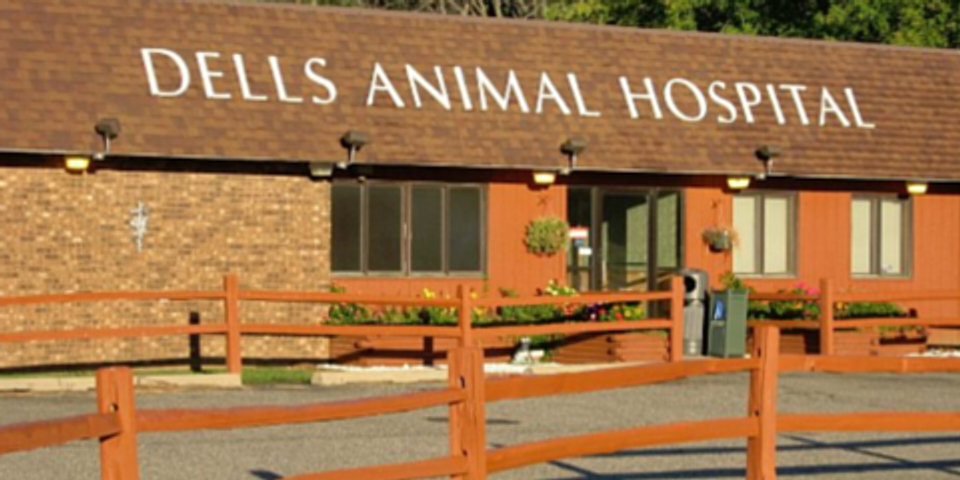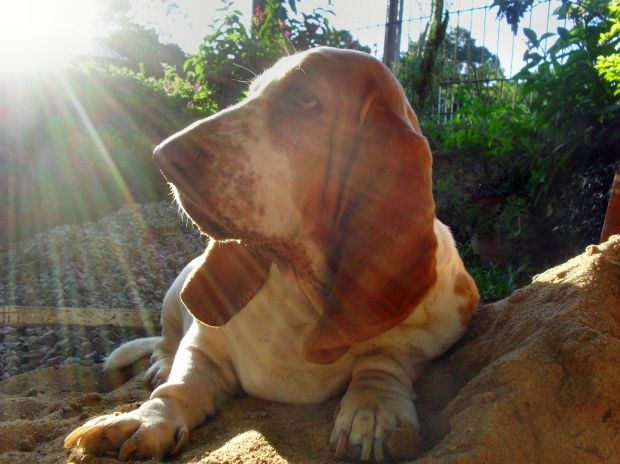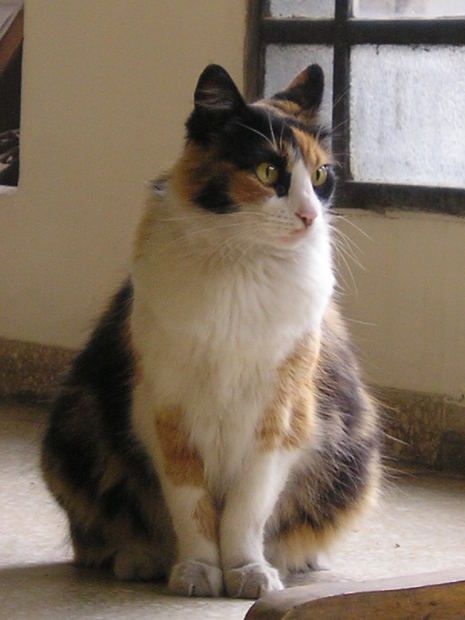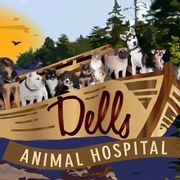
Everyone knows that obesity is a growing problem in nearly
every age demographic in the United States, but did you know that many
domesticated animals are also experiencing excessive weight-gain issues?  Family
cats and dogs are at the whim of their owners’ appetites because most pet
owners instinctively feed their animals every time they sit down for a meal or
have a snack.
Family
cats and dogs are at the whim of their owners’ appetites because most pet
owners instinctively feed their animals every time they sit down for a meal or
have a snack.
For over 25 years the veterinarians at Dells Animal Hospital have dedicated their careers to helping pet owners and pets in the Wisconsin
Dells area. In recent years many of their loyal clients have expressed concern
 over the increasing waistlines of their four-legged friends. Here’s an easy
guide to help you understand and combat unnecessary pet weight-gain:
over the increasing waistlines of their four-legged friends. Here’s an easy
guide to help you understand and combat unnecessary pet weight-gain:
- Investigate the cause of your pet’s weight problem: If your furry friend has gained weight suddenly without a notable increase in food consumption the cause of their weight gain may be a symptom of a thyroid problem. If, on the other hand, your pet has always been an over eater you may want to establish a prescription diet with help from your veterinarian. Regardless of the cause, the first step on your path to addressing your pet’s obesity should be scheduling an appointment with a veterinary clinic and getting a professional opinion.
- Find out how much food your pet should be consuming: Once you’ve ruled out medical issues as the cause of your pet’s weight gain you need to set some mealtime rules in place. You shouldn’t rely on the serving size suggested on your animal’s food brand because nutritional needs are closely linked with animal size, activity level, and age. If you’re not sure how much food your pet should be eating on a daily basis just ask for advice from your local veterinary hospital.
- Make exercise a priority: If your dog or cat is content to laze around the house all day you should actively promote physical activity by carving out play time or walk time every day. If your best buddy seems disinterested or reluctant to join in the fun ask your veterinarian for advice. It may take some time to find an activity that your pets love, but there are lots of options available for pet owners today. Engaging toys, dog parks, and play structures can all promote a healthy level of activity in your pets.
For more pet care tips like these or for specific advice regarding animal obesity call Dells Animal Hospital at (608) 253-7361.
About the Business
Have a question? Ask the experts!
Send your question

